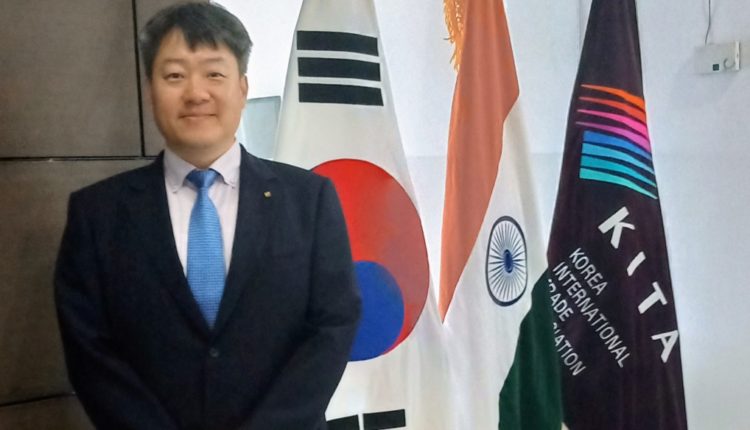Not all is well with Korean firms in India; Production halts as shipments stuck at ports
NEW DELHI: Having faced mandatory ‘shut down’ during the months-long strictly clamped lockdown in India, Korean companies now suffer operational hurdles after India rolls out Unlock in phases and allows business activities to bring its economy back on its feet.
Already reeling under the Coronavirus pandemic-induced adverse global market scenario, the Korean companies in the manufacturing sector are unable to resume production for the want of the crucial components and raw material supply as their shipments are stuck for months at the seaports, airports and Inland Container Depots (ICDs) because of bureaucratic hurdles and manpower shortage issues.
Resultantly, the Korean companies were forced to pay excessive demurrage charges running in lakhs and crores of rupees.
According to the Korean Chamber of Commerce and Industry in India (KOCHAM), an apex trade body of 750 Korean companies during months of strict lockdown and gradual unlock, KOCHAM had had a tough time responding to its member companies who burst out with questions.
“Because customs operation was reduced to the minimum and utilizing heavy machinery became difficult after drivers and workers left, unnecessary demurrage charges or overdue storage payments accumulated. The amount the Korean companies had to pay extra as demurrage charges, range from few Lakhs to even many Crores. This is unfair because even when companies demanded the cargo, the port operators were unable to retrieve them,” said Hee-chul Jung, Secretary-General, KOCHAM.
And when the cargo could finally be delivered after a long-drawn struggle, the Korean companies were asked to take the burden of overdue storage payment entirely by them.
“We believe a crisis of this nature needs more negotiations and burden sharing between cargo owners and port operators,” Jung suggested.
Already suffering enumerable COVID-19 pandemic-inflicted problems like declining sales, plummeting cash flows, the South Korean companies in India disrupted supply chain issues, and resultant halt in production.
“Korean companies are deeply concerned with the negative impact resulting from the strict and indiscriminate inspection procedure observed at the seaports, airports, and Inland Container Depots. Many companies had to cease production due to the delay. Fortunately, the Indian government decided to normalize the inspection process and companies are in less panic,” said the KOCHAM Secretary-General adding that such abrupt decision was a huge blow to companies already struggling with the broken supply chain.
He said that non-Tariff Barriers, no matter how surgically targeted, have often proven to be counterproductive and bring unintended damage to the industry heavily dependent upon free movement of goods.
“How are we supposed to explain this to a potential investor that has supply chain spread all over the world?” exclaimed Jung.
According to KOCHAM, this fiscal year the Korea-India relationship made a significant step forward. While quoting the statistics in the Department of Commerce, it said Korea has become the 6th largest trading partner with India. Korea is right after the G2, UAE, Singapore, and Saudi Arabia in total trade. India now exports more commodities to Korea than to Indonesia or Japan.




I am glad that you have written about the real problem here. Living in a future dream is not any remedy. Targeted growth needs to handle the challenges of the current situation as well. There are plenty of problems arriving in ports and I think, that Korean companies should shift their import and export process to better Indian Ports. We at Kandla Port can offer more help to you regarding this challenge. Here quick clearing and custom flexibility are far more than anywhere else in India.
Mr. Ganesh Gopal,
Thanks for your feedback.
Team ACN Network